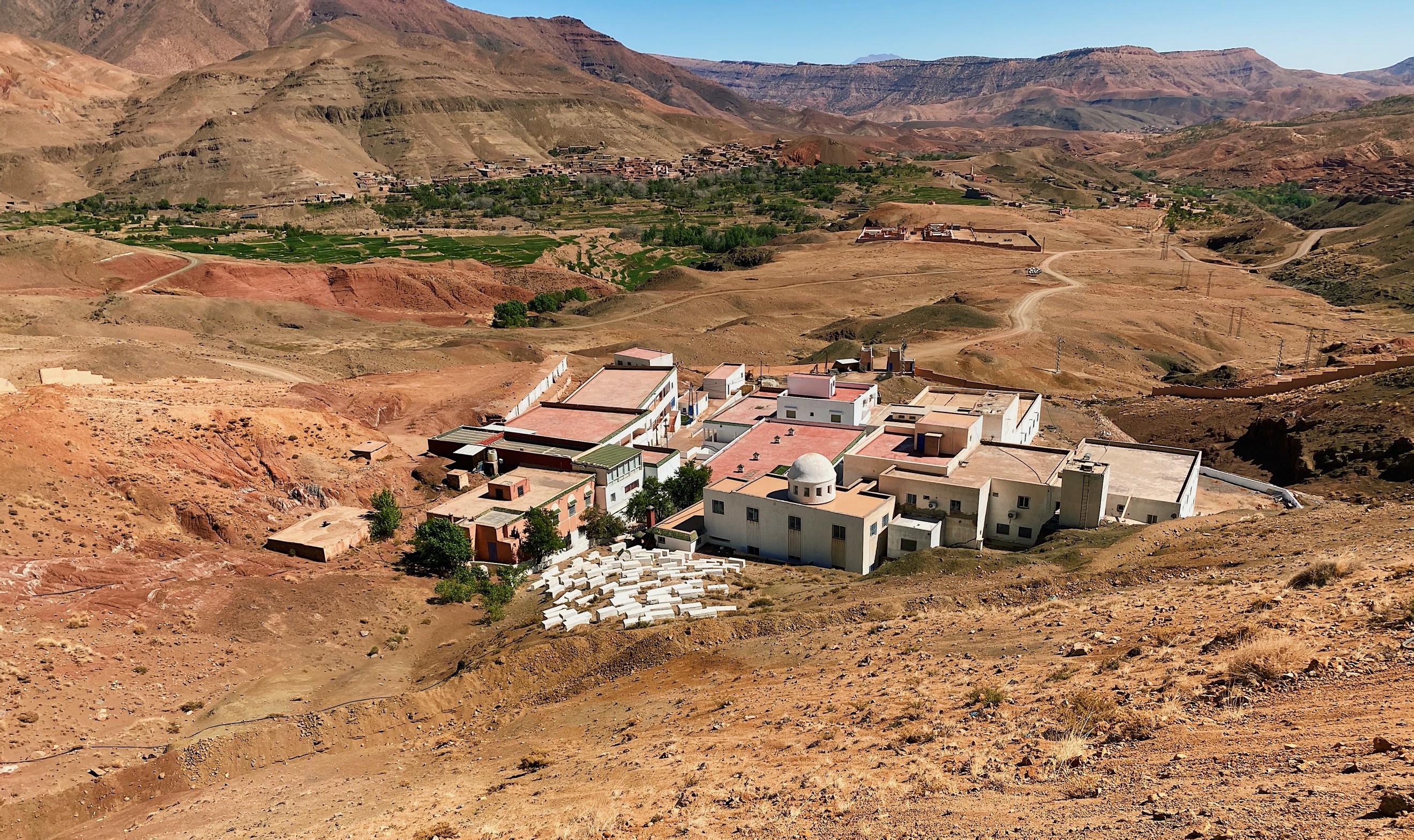Arabic version
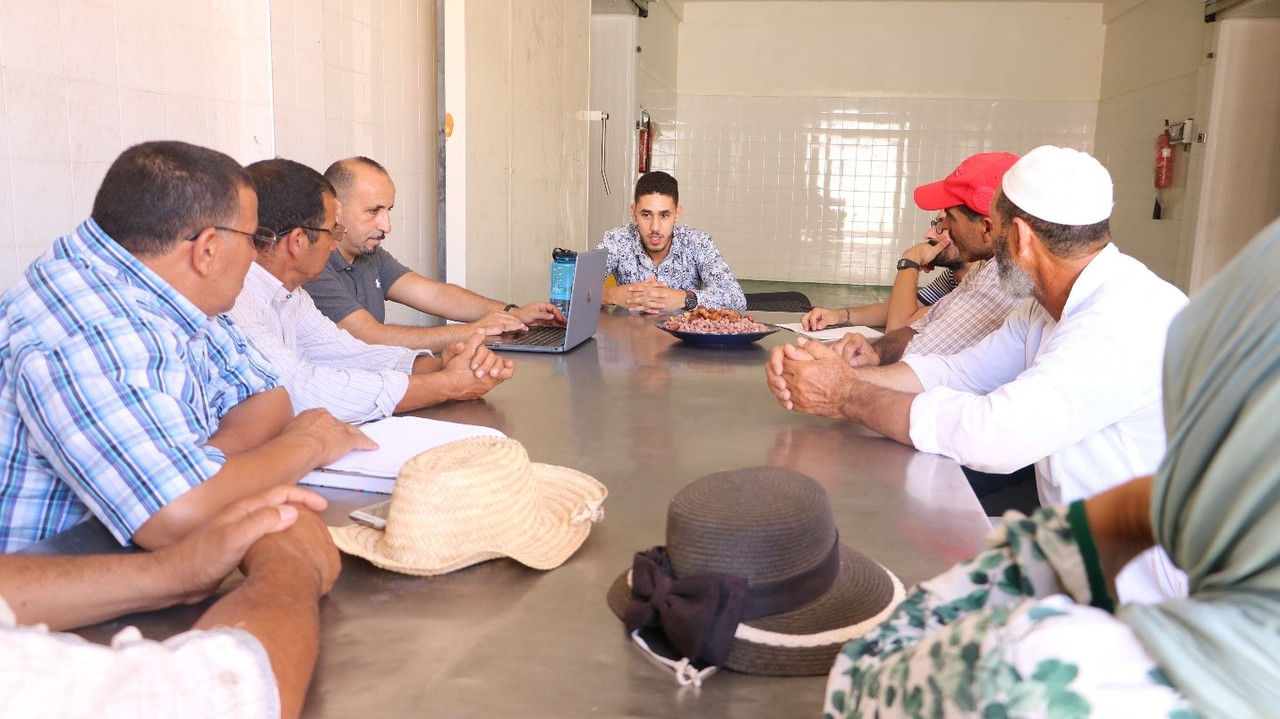
A photo taken by Ilyas Dkhissi during a participatory approach meeting with men and women farmers in Fquih Ben Salah province – Beni Mellal region, on Sep, 4th 2019
For decades, climate change has been left to scientists – and they, to their credit, have given us the strong indication we need that climate change is happening and that it is caused by human decisions and actions. What clearly appears to us to be the most pressing problem is caused by people, with impacts on people, and must be solved by people. The impacts are as much social as physical, and the solutions as much legal as technical, but yet the world is haltingly working on balance and justice toward the climate. This lets us ask the following questions: Do we have enough solutions to get rid of this problem? And do we have the sufficient ideas to achieve climate justice?

The world is moving forward in terms of scientific and technological progress, yet in spite of these spectacular strides in science and technology, and unlimited ones to come, we are still facing a great urgency, one of the most critical items on the agenda of modern life. Climate change is astonishingly impacting our everyday lives in many ways. Climate change is affecting human health, infrastructure, and transportation systems, as well as energy, food, and water supplies while we still seek the right means to figure out solutions.
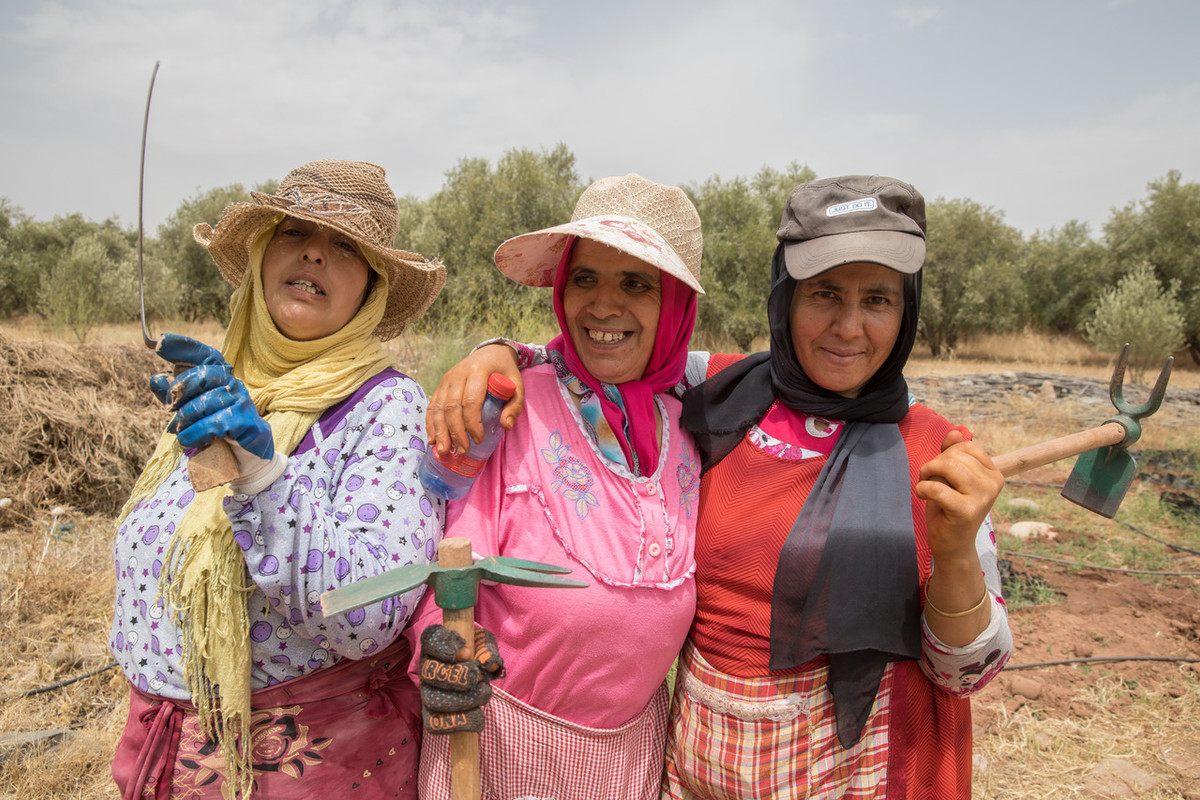
While we are working on an established and common agreement, all nations join in a common cause, undertaking ambitious , such as keeping the global temperature rise this century within only 1.5-2 degrees Celsius above pre-industrial levels. We can work to combat climate change and adapt to its effects, with enhanced support to assist developing countries to do so. We need to look simultaneously at the role other legal instruments from the fields of human rights and laws can play, seeking to fill out the uncertain relationship between disengaged local actors and global leaders.
Every one of us should have a sense that climate change is not just a climate issue but a deeply-rooted development issue, an economic issue, a rights issue, and a legal issue. Therefore, any approach to finding a legal and just solution needs to be based in all relevant aspects of the law at the national, regional, and international levels. Such an approach allows all civil society sectors and individuals to submit their proposals and express their ideas to their governments.
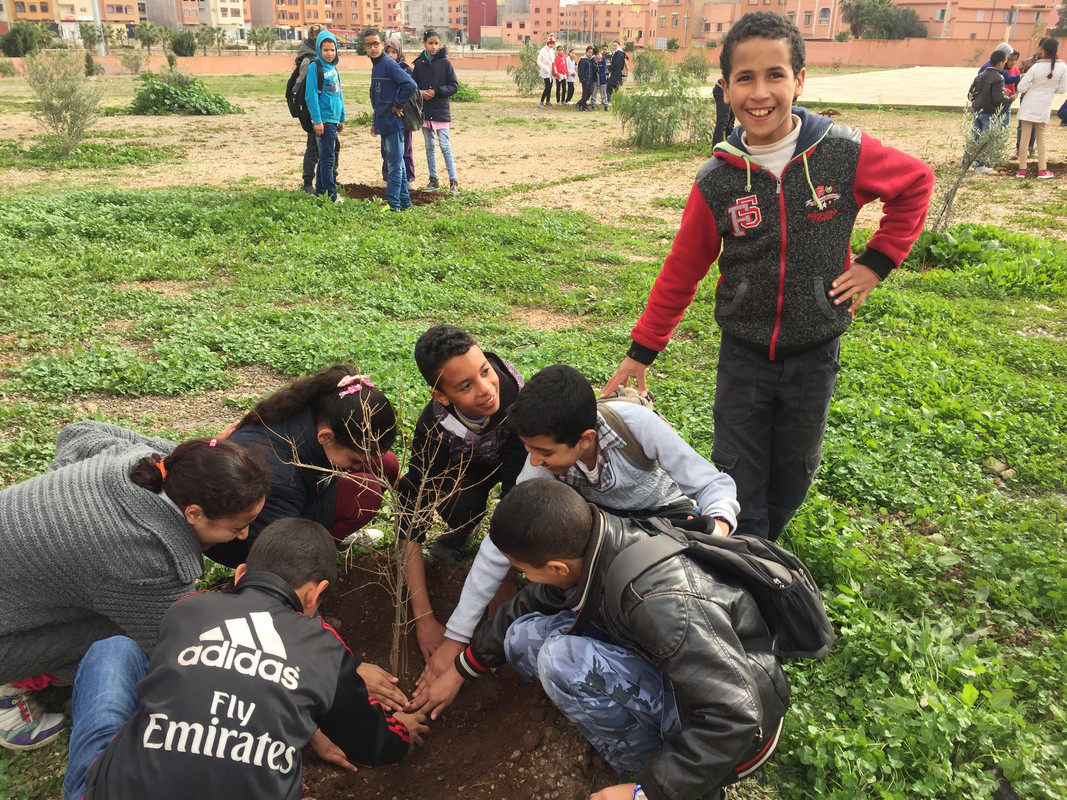
As we all should believe that a global solution is not just an issue for decision makers working at the international levels, the that will feed the changes we need are coming from local communities, entrepreneurs, women, young people, small-scale farmers, researchers, scientists, town planners and those who hold indigenous knowledge. This requires a strong commitment and enduring confidence with locals in order to support their actions in implementing environmental initiatives and to empower them to rely on participatory planning as a principle – one that wonderfully accelerates addressing any issue in a collective way. More importantly, the fundamental partners, who should not only be technically supporting this approach to make it successful but also financially standing alongside these local communities’ actors and investing directly in them, are the major companies, especially those who directly contribute to pollution.
The fact is that the current climate issue seems far from solved, but the truth is that we have quick, efficient ways to do so, and they are reflected in the following steps.
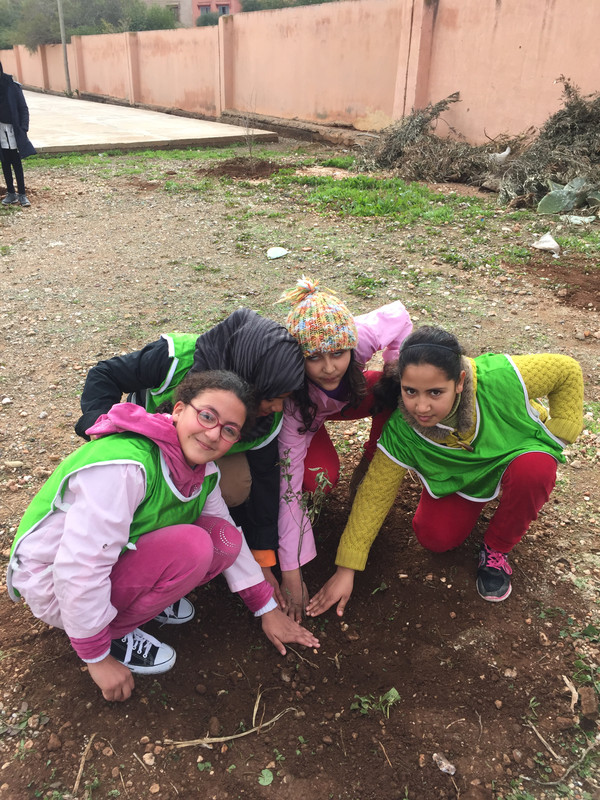
The world cannot respond adequately to climate change unless we give those most affected a voice, listen to their solutions, and empower them to act. The very best way do so is community planning and participatory approach meetings that perfectly reflect what they carry in their hearts. We also have to transform our current economic system into one based on low-carbon production and consumption, so that we can create inclusive sustainable development. Moreover, we have to deal with risks posed by climate change that present a serious threat to nature and people, now and in the future; invest in sensible solutions; and build local environmental initiatives and programs uniting all societal sectors in designing and managing them. In addition to that, strong legal frameworks can provide certainty to ensure transparency, longevity, credibility, and effective enforcement of climate and related policies. These are necessary steps to protect those people most at risk from the impacts of climate change.
Quote: Trees cannot plant themselves, and that is a job opportunity. Therefore, this will address social, development and environmental problems.
